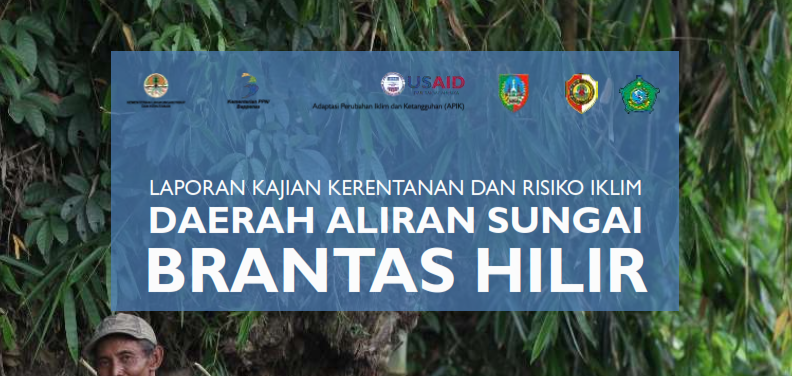One of the important tasks of the Climate Change Adaptation and Resilience Program – or abbreviated as APIK – is to help BMKG in strengthening Weather and Climate Information Services, so that it can be fully utilized by the Indonesian people in general, as well as communities in East Java, Southeast Sulawesi and Maluku in particular. We believe that the improvement of weather and climate information services, is one of the most important components in increasing the resilience of communities in facing the threat of climate change. The resilience needs to be built at the level of institutional resilience, socio-economic resilience and landscape-based resilience, and to be built at the National Government level, Local Government, private sector, and Community level resilience.
Continue reading Strengthening Climate & Weather Information Services to improve resilience



